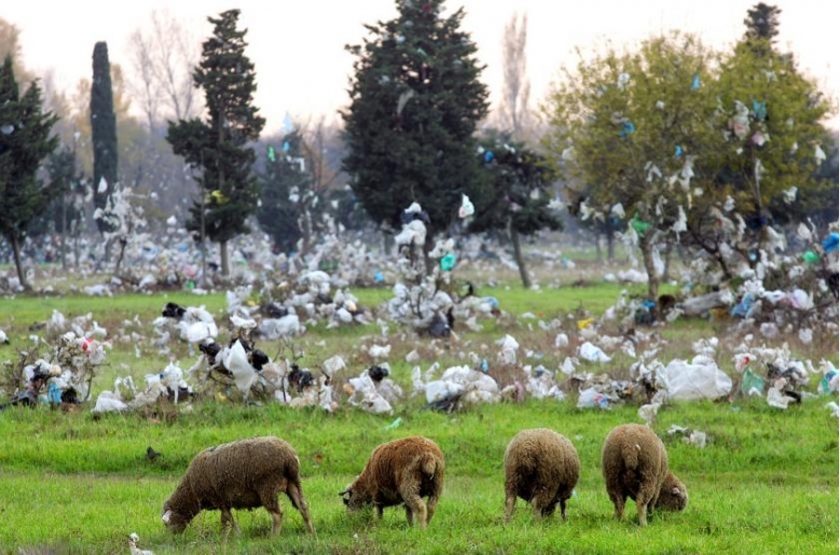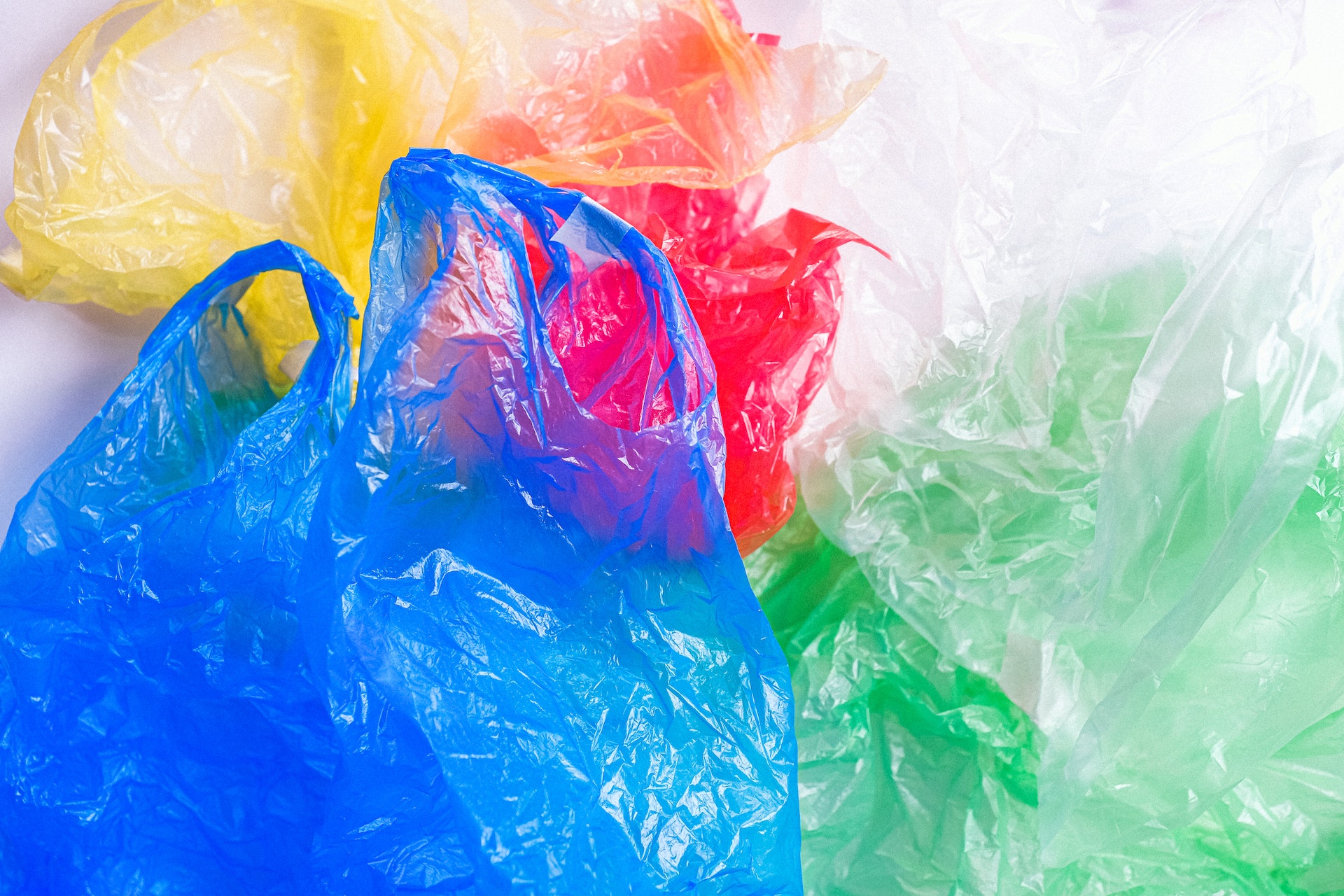Environment

Today is the first day of the Nepali month of Bhadra (August 17, 2022). It marks the start of the ban on plastic bags thinner than 40 microns, which is half the thickness of human hair.
To minimise the adverse effect of plastics on the environment, the government notified on July 26 that it would ban thin polybags across the country.
The news has generated a lot of interest in Kathmandu valley, the national capital which is home to nearly 5 million people – and remains the single largest consumer of plastic products in the country.
Why below 40 microns? After all, plastics are plastics, right?
The thinner the bags get, the more difficult they are to recycle. “Anything below 40 microns are considered difficult to recycle and end up in landfill,” said Shankar Prasad Poudel, spokesperson at Nepal Government’s Department of Environment.
Plastics which end up in landfill take nearly 500 years to decompose.
In the July notice, the department said that the haphazard use of plastics and their disposal has created a serious threat to the environment and resulted in the clogging of drains and other waterways.
_in_a_plastic_bag_store)_(2061879943)1660735805.jpg)
Urban centres in Nepal now produce approximately 350 tons of plastic wastes every day as shown by 2020 research conducted by UNDP Accelerator Lab.
Kathmandu, the biggest metropolis in Nepal, currently uses 4.7 to 4.8 million plastic bags daily according to recent research by International Centre for Integrated Mountain Development (ICIMOD).
And plastic waste in Kathmandu constitutes about 16 percent of the daily waste production.
The monitoring
In its fourth attempt to ban thin plastic bags, the Department of Environment has said it will “strictly” monitor plastic use in Nepal.
Poudel said: “The ban has already started, from today, we will be boosting the enforcement and monitoring.
“First, as a beginning, we will be starting the monitoring from Kathmandu valley, later it will be carried throughout Nepal.”
Currently, the department will oversee and keep a tab on poly bags industries to not let the production of thin bags happen, according to Poudel.
“Monitoring is not limited to us, the Department of Commerce, Supply & Consumer Protection will also survey the market for any circulation of the banned bags,” said Poudel.
“And Department of Customs has also been informed to not allow the import of these bags”
“So, we are hopeful that we will be successful,” added Poudel.
Besides monitoring

The department also requests everyone to not produce, import and use these thin poly bags starting from today, in the notice published earlier.
Poudel iterated, that it is not just them: “In our working plan, we have included the roles of various departments, local governments, NGOs and INGOs to curb down the overall use of plastics”
He added: “Now the general public’s awareness level has changed and it is all of us who will discard the use of these banned bags.”
Plastic pollution has grown into such a big problem, now plastics can be found from the deepest part of the ocean, Mariana Trench to the world’s highest peak Mt. Everest.






